We often overlook the seeds, dismissing them as a mere byproduct of our favorite fruits and vegetables. But there are many seeds packed with essential nutrients, antioxidants, and healthy fats. However, not all seeds are created equal. While some are nutritional goldmines, others pose serious health risks. It’s surprising how many fruits we enjoy daily contain seeds that are highly toxic.
Here we aim to shed light on the incredible benefits of edible seeds while also highlighting the dangerous ones to avoid.
Let’s start with the seeds that are generally safe to eat and also have nutritional benefits.
Chia Seeds
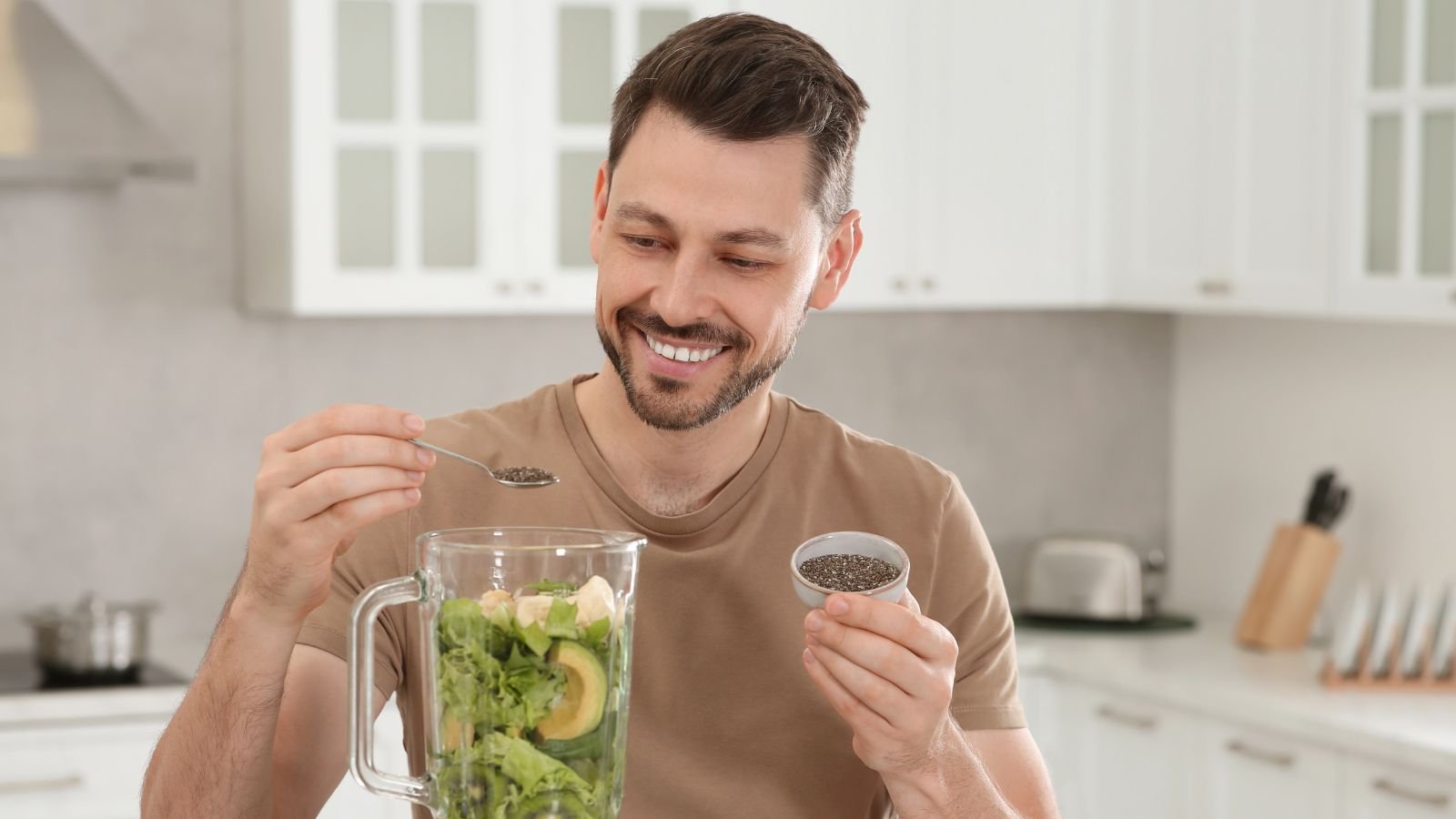
Chia seeds, derived from the Salvia hispanica plant, are small oval-shaped seeds that come in black, white, or grey colors. They have a long history of being a staple food for the Aztecs. Beyond their impressive fiber, protein, and omega-3 content, chia seeds also boast essential minerals like calcium, magnesium, and zinc. They’re a great plant-based source of protein, and a popular choice for vegans and vegetarians.
In addition to the mentioned heart health, digestion, and blood sugar control benefits, chia seeds assist in weight management as they have high fiber content, which promotes satiety.
Flaxseeds
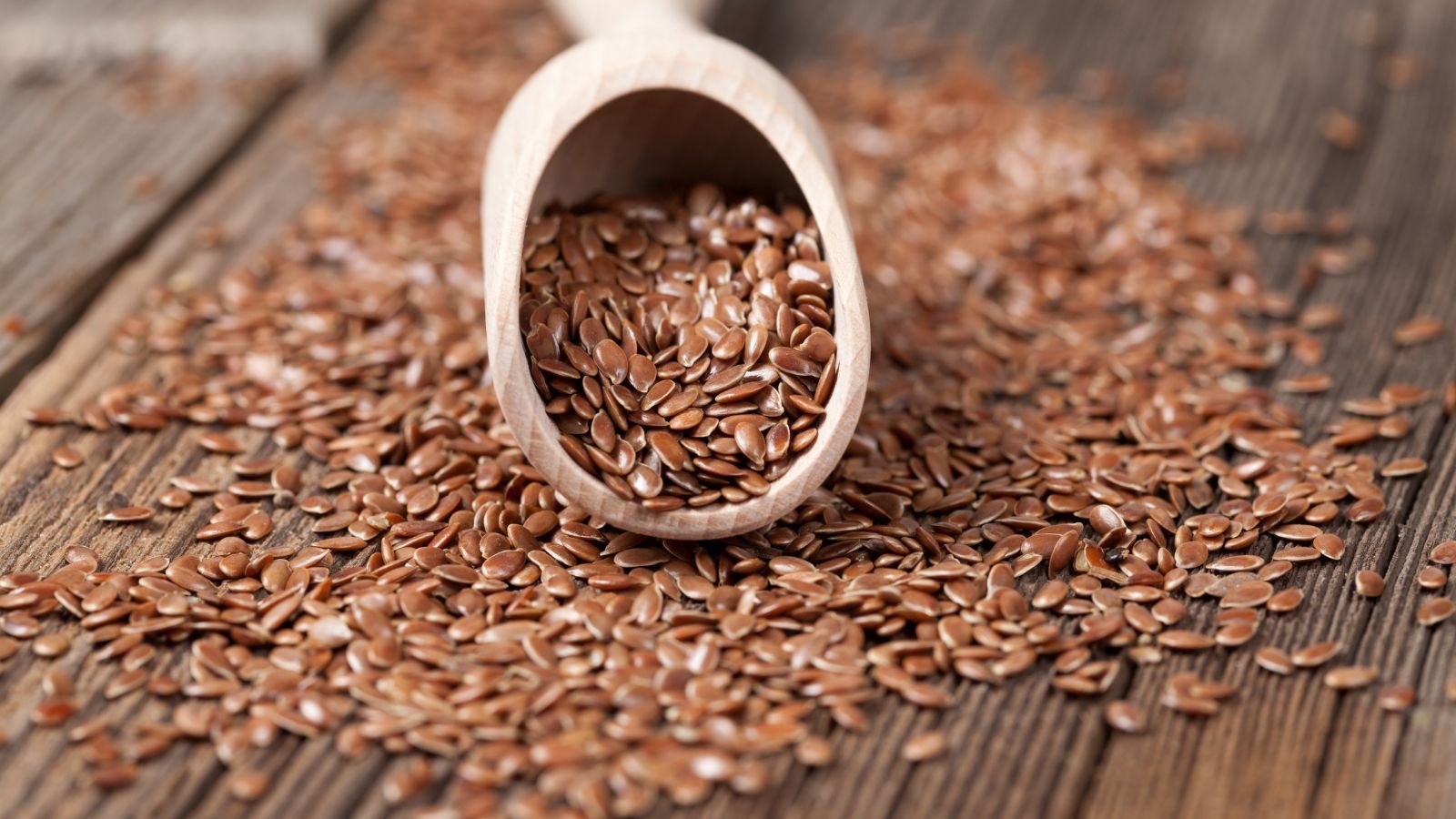
Flaxseeds are small, oval-shaped seeds that come in golden or brown varieties. Research shows that they’re a fantastic source of plant-based omega-3 fatty acids, specifically alpha-linolenic acid (ALA). Flaxseeds are also rich in fiber, lignans, and antioxidants. They have a slightly nutty flavor. Apart from heart health and hormonal balance, flaxseeds have been studied for their potential role in reducing inflammation, lowering cholesterol levels, and supporting digestive regularity.
Pumpkin Seeds
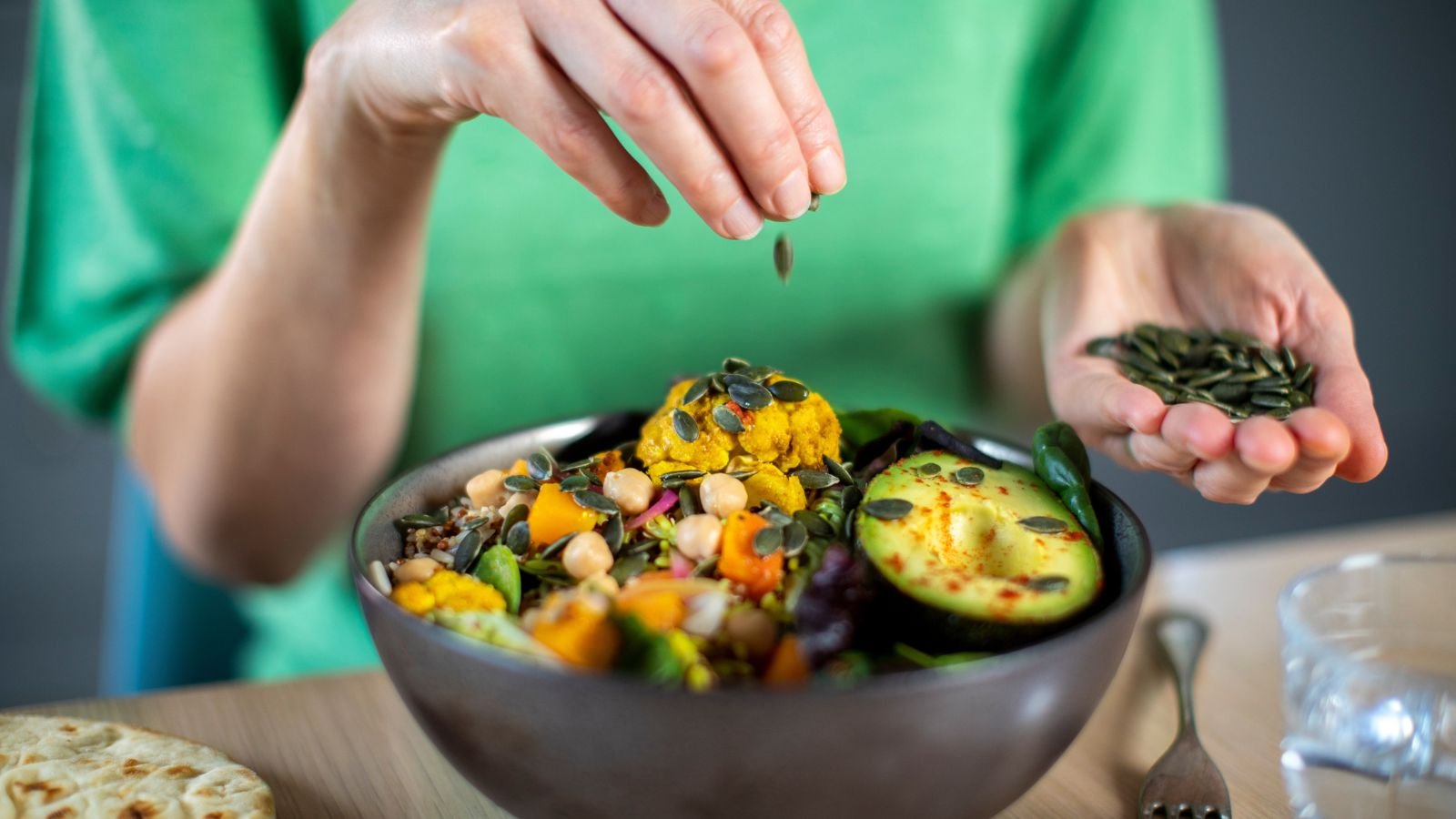
Pumpkin seeds, also known as pepitas, are the edible seeds found inside pumpkins. According to medical experts, these seeds are a good source of protein, zinc, manganese, magnesium, phosphorus, antioxidants, and iron. They also contain healthy fats. Besides prostate health, sleep improvement, and immune support, pumpkin seeds assist in improving heart health and lowering blood sugar. Due to the slightly sweet and nutty flavor they are a versatile snack option and can be added to salads, yogurt, or baked goods.
Sesame Seeds
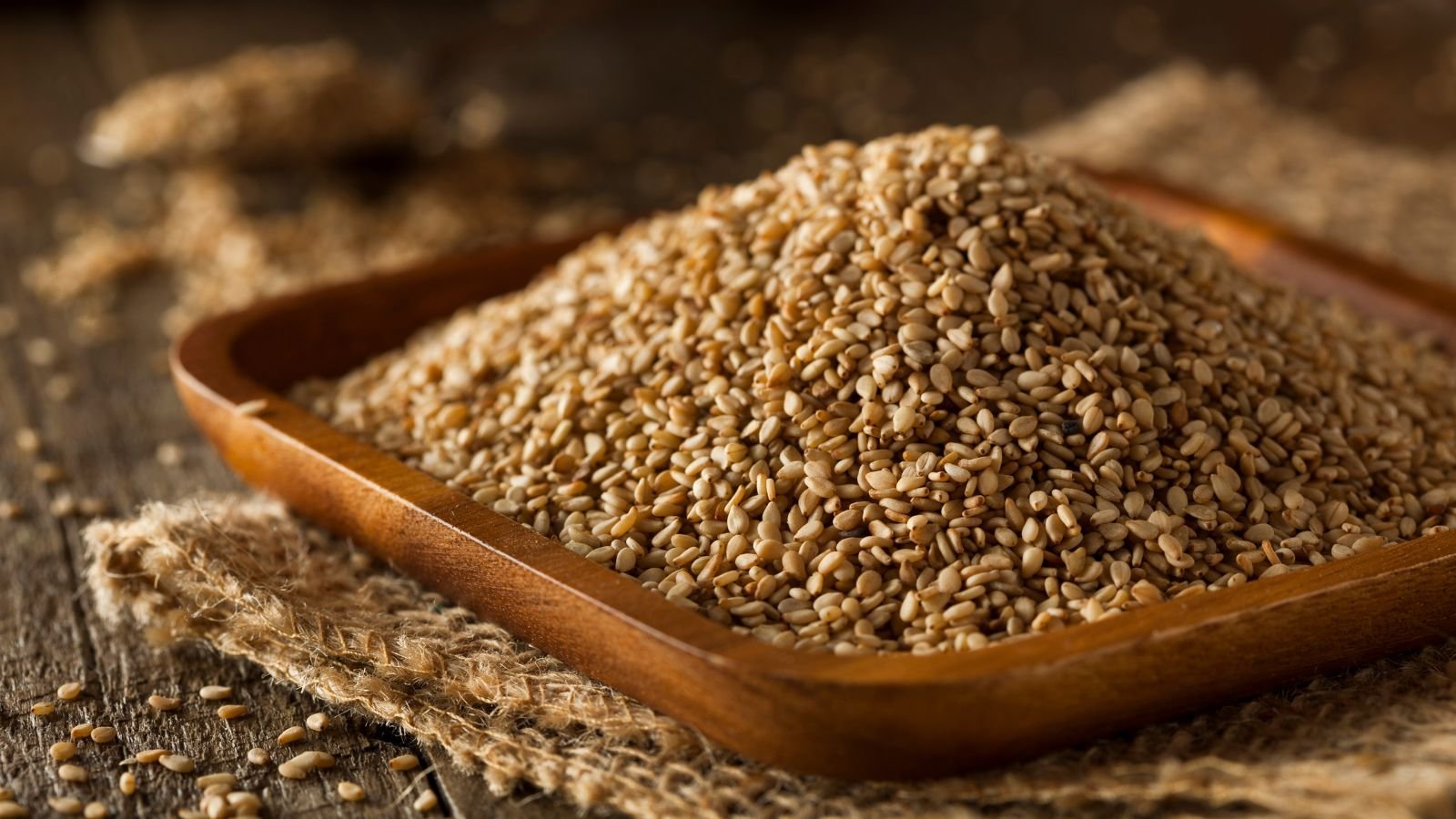
Sesame seeds are small, flat seeds with a slightly sweet and nutty flavor. They’re commonly used in various cuisines worldwide. Experts say, the seeds are rich in zinc, manganese, calcium, and magnesium. Sesame seeds also contain healthy fats, protein, and fiber. They are often used to make tahini, a paste used in hummus and other dishes. Beyond bone health and antioxidant protection, sesame seeds have been linked to blood pressure control and may have anti-inflammatory properties. They can be enjoyed whole, ground, or as part of sesame paste.
Hemp Seeds
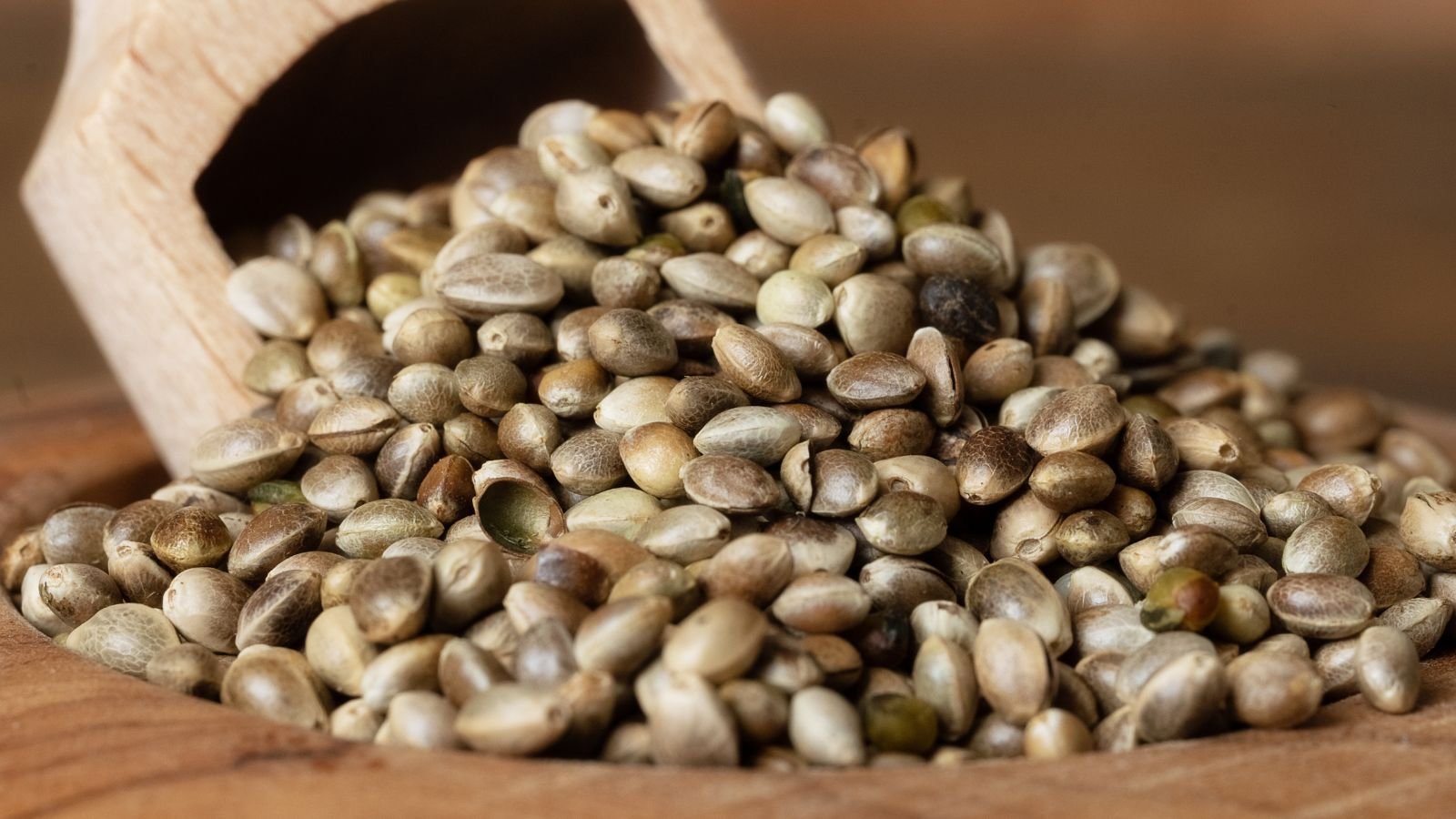
Hemp seeds come from the hemp plant, a variety of Cannabis sativa that doesn’t contain psychoactive compounds. Despite their origin, they offer a wealth of nutritional benefits. Beyond being a complete protein source, hemp seeds provide essential fatty acids in a balanced ratio, along with fiber, vitamins, and minerals like magnesium and zinc. In addition to supporting heart health, skin, and digestion, hemp seeds have been studied for their potential to reduce inflammation, improve heart health, and support hormonal balance.
Sunflower Seeds

Sunflower seeds are the edible seeds found inside sunflower heads. They come in various sizes, colors, and stripes. Packed with vitamin E, sunflower seeds also offer a good amount of selenium, magnesium, and copper. They’re a source of healthy fats and protein. Beyond eye and skin health, sunflower seeds contribute to a strong immune system and may help lower cholesterol levels. They’re a popular snack option and can be added to salads, yogurt, or baked goods.
Watermelon Seeds
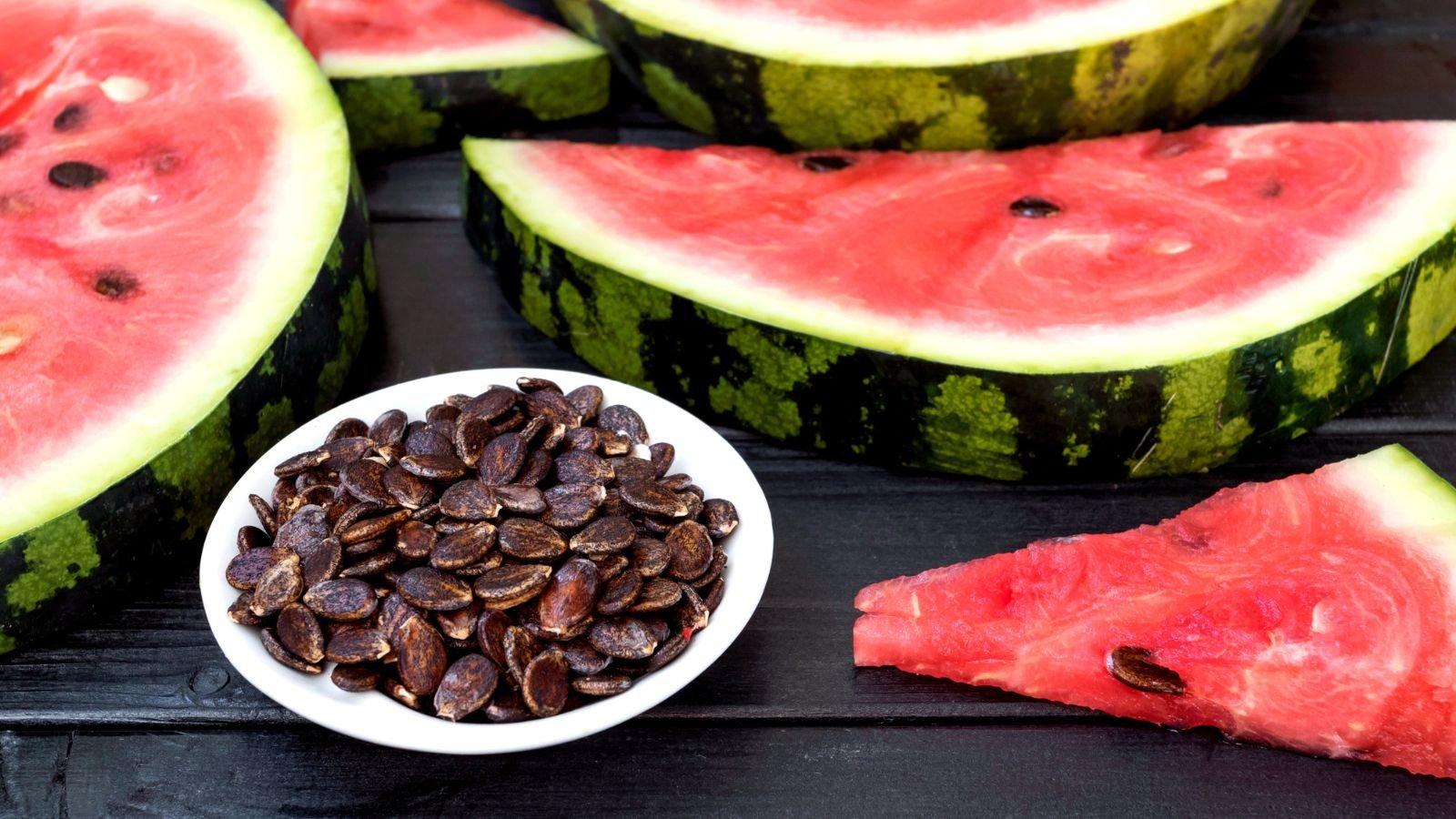
Often discarded, watermelon seeds are a nutritional powerhouse waiting to be discovered. Watermelon seeds are full of magnesium, iron, zinc, and healthy fats while being low caloric. They also contain antioxidants. In addition to supporting heart health, muscle function, and energy production, watermelon seeds may aid in blood pressure regulation and digestion. Due to the slightly crunchy texture and a mild, nutty flavor they can be eaten raw, roasted, or ground into a powder for various culinary uses.
While the above seeds are beneficial and safe for consumption, there are others that pose significant risks. Here are the seeds you should definitely avoid due to their toxic properties.
Apple Seeds

While the fruit itself is a nutritious treat, apple seeds contain a compound called amygdalin. When ingested, amygdalin can convert into hydrogen cyanide, a potent toxin. while accidental ingestion of a few apple seeds is generally not harmful due to the lower amount of amygdalin, deliberately consuming crushed or chewed apple seeds in large amounts could pose a health risk.
Peach and Plum Pits
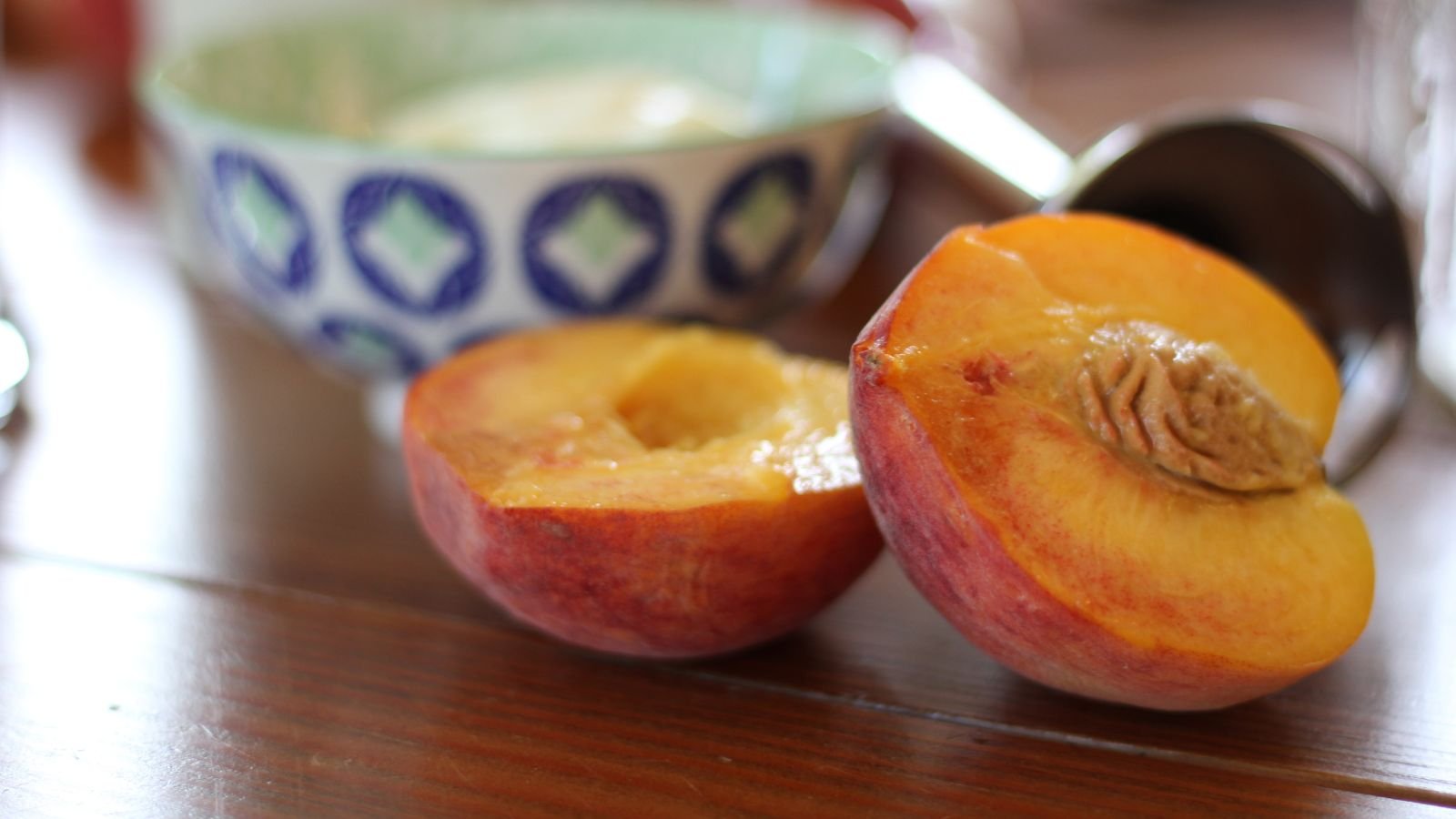
Similar to apple seeds, peach and plum pits contain amygdalin. The concentration of this compound is higher in these pits, making them even more dangerous. Consuming them can lead to cyanide poisoning, with symptoms ranging from dizziness and nausea to respiratory failure in severe cases.
Castor Bean Seeds
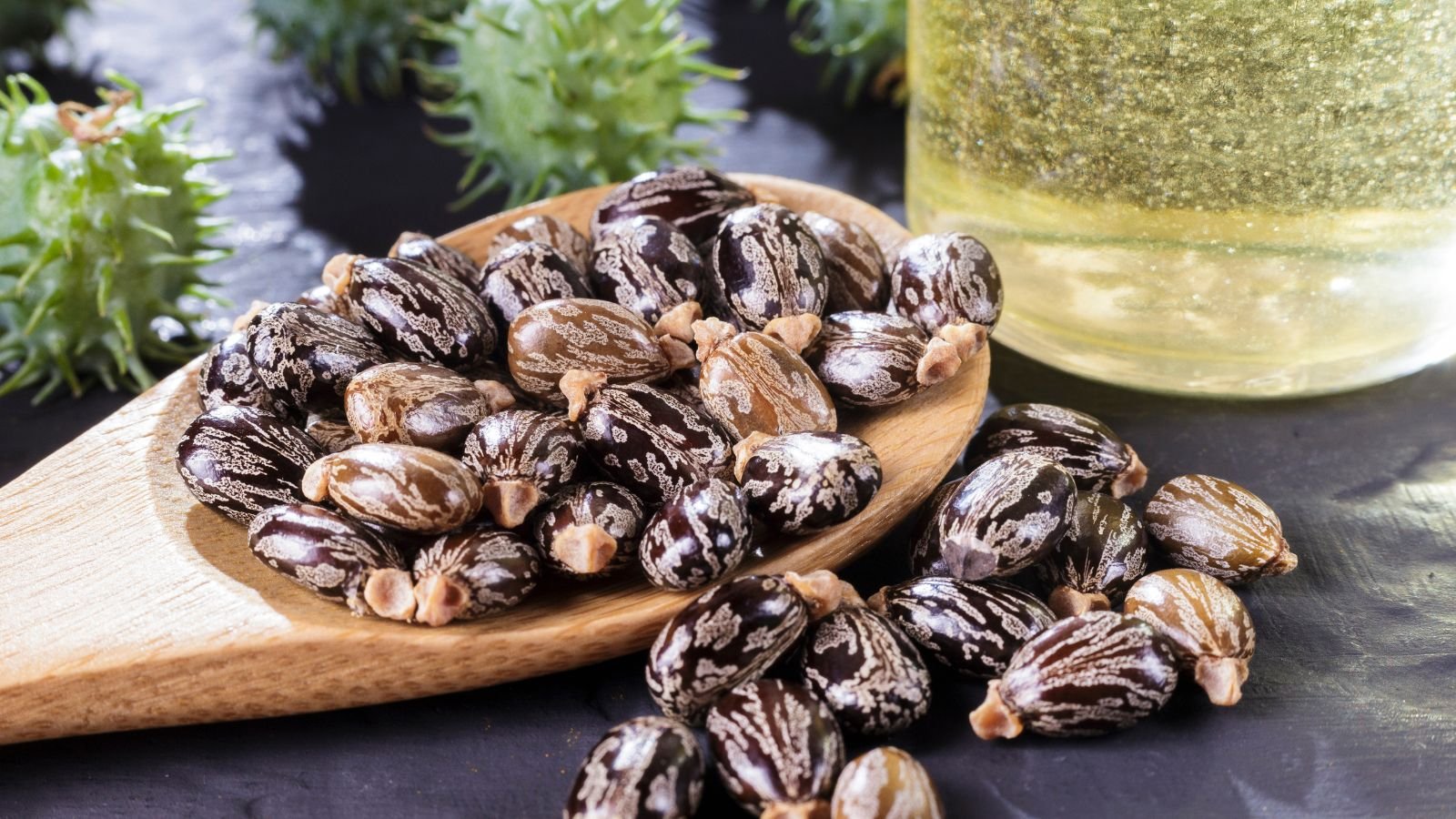
These seeds are highly toxic due to the presence of ricin, a deadly poison. Even a small amount of ricin can be fatal. Castor oil, derived from the same plant, is safe for consumption as the toxic component is removed during the processing. However, the seeds themselves should never be eaten.
Apricot Seeds
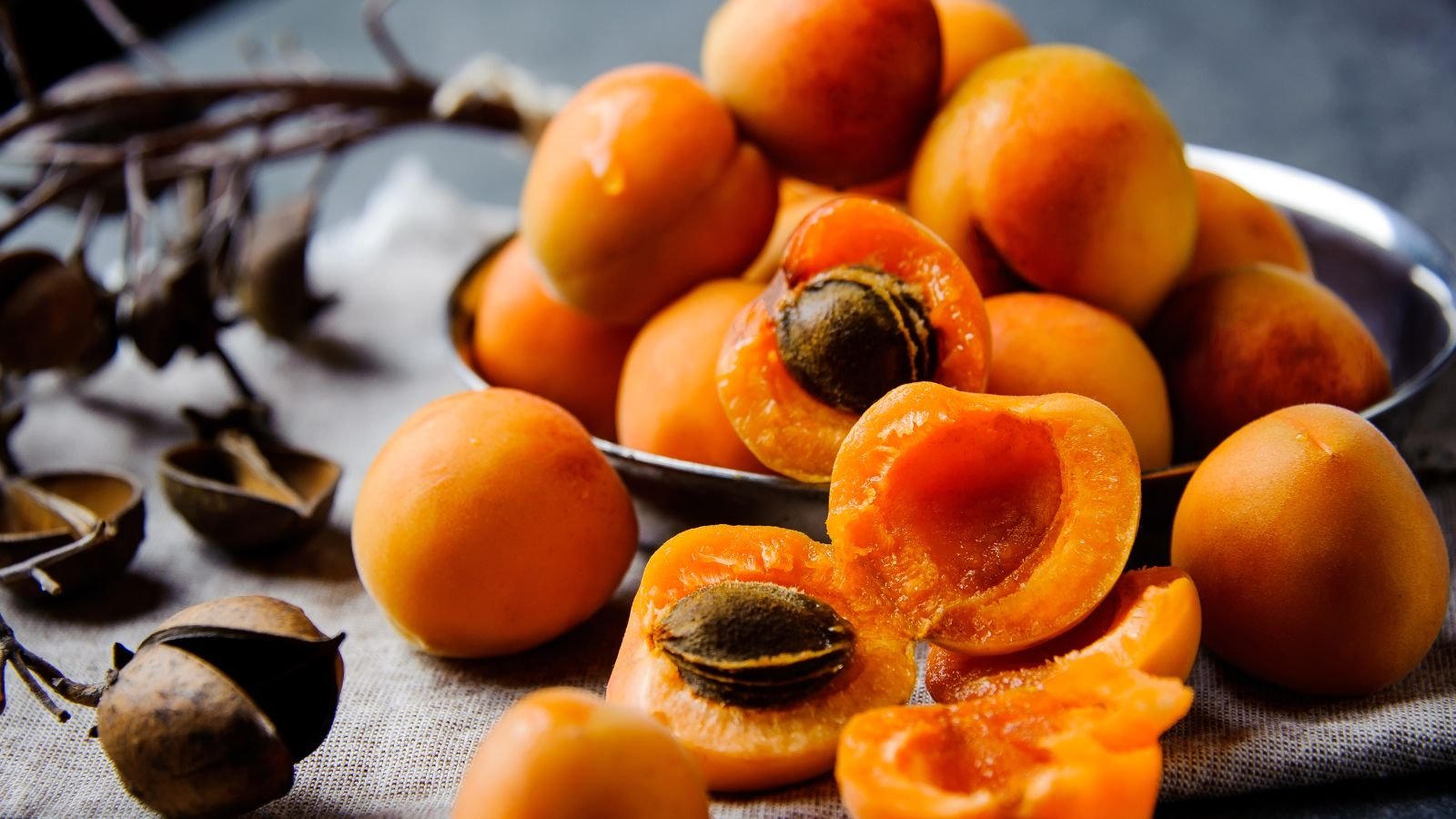
Like other stone fruits, apricot seeds contain amygdalin. While they are sometimes consumed for their purported health benefits, it’s important to exercise caution. Excessive consumption can lead to cyanide poisoning. If you choose to consume apricot kernels, it’s advisable to do so in moderation and under guidance from a healthcare professional.
Manchineel Tree Seeds
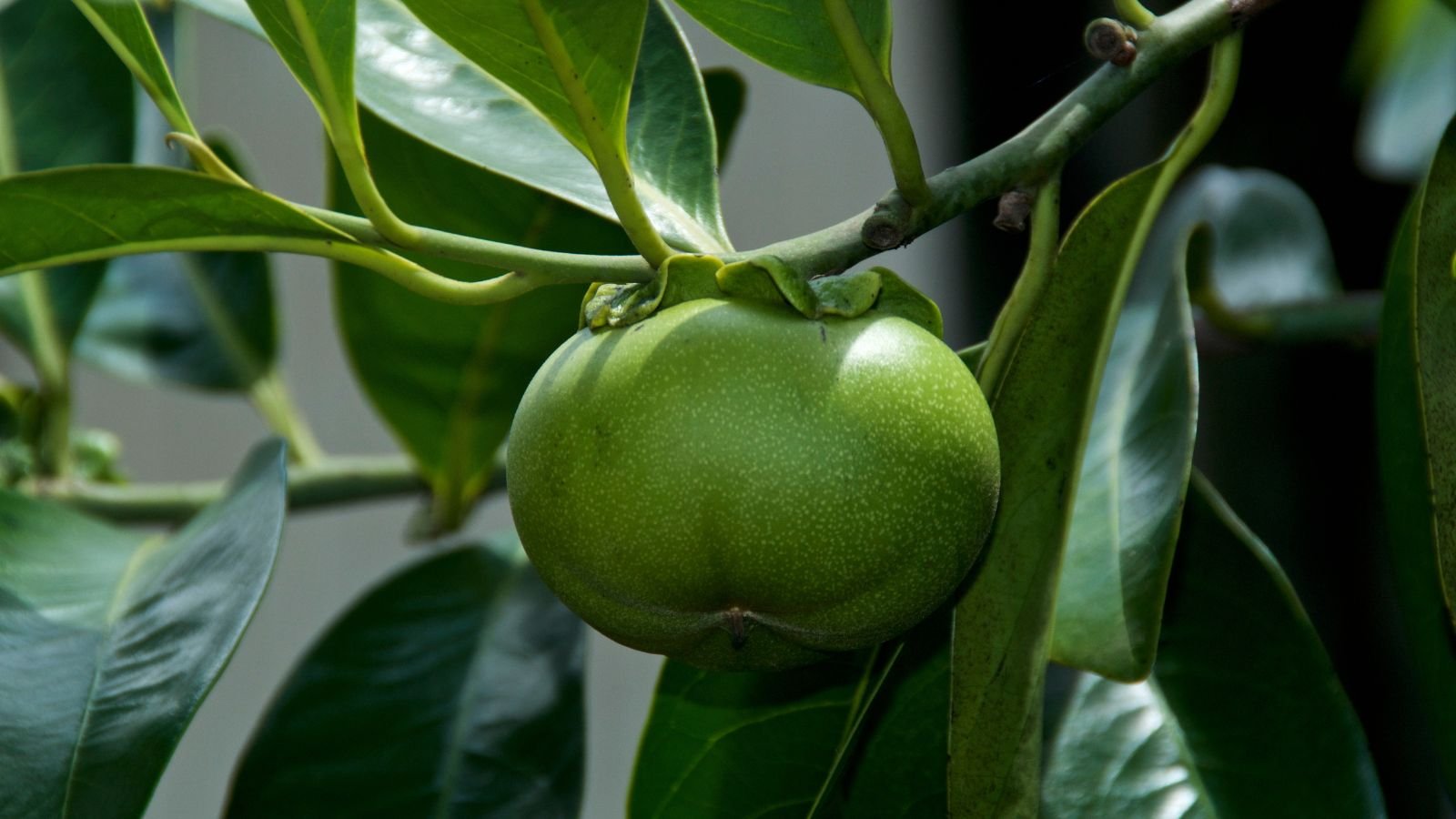
The manchineel tree is often called the “tree of death.” All parts of the tree, including the seeds, are highly poisonous. Contact with the sap can cause severe skin irritation and blisters. Ingesting any part of the tree can be fatal.
Pokeweed Berries and Seeds
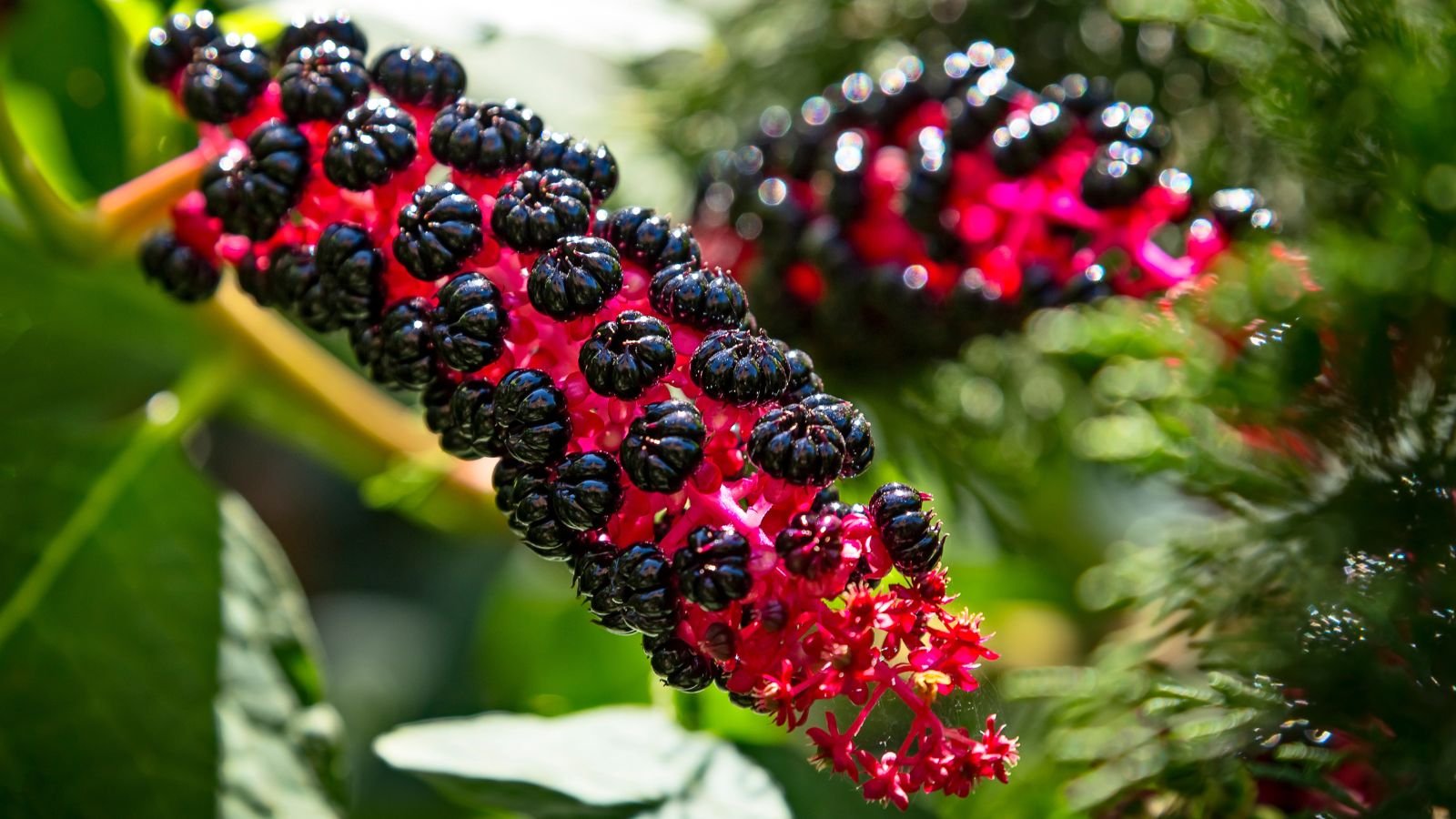
Pokeweed is a vibrant plant with attractive berries, but it’s essential to avoid all parts of the plant. The berries and seeds contain various toxins, including saponins and phytolacine. Ingestion can lead to severe gastrointestinal symptoms, such as vomiting, diarrhea, and abdominal pain. In severe cases, it can affect the nervous system and cause more serious complications. However, despite the safety concerns, some use it to solve issues like muscle and joint aches, various swelling, and skin infections.
Jimsonweed Seeds
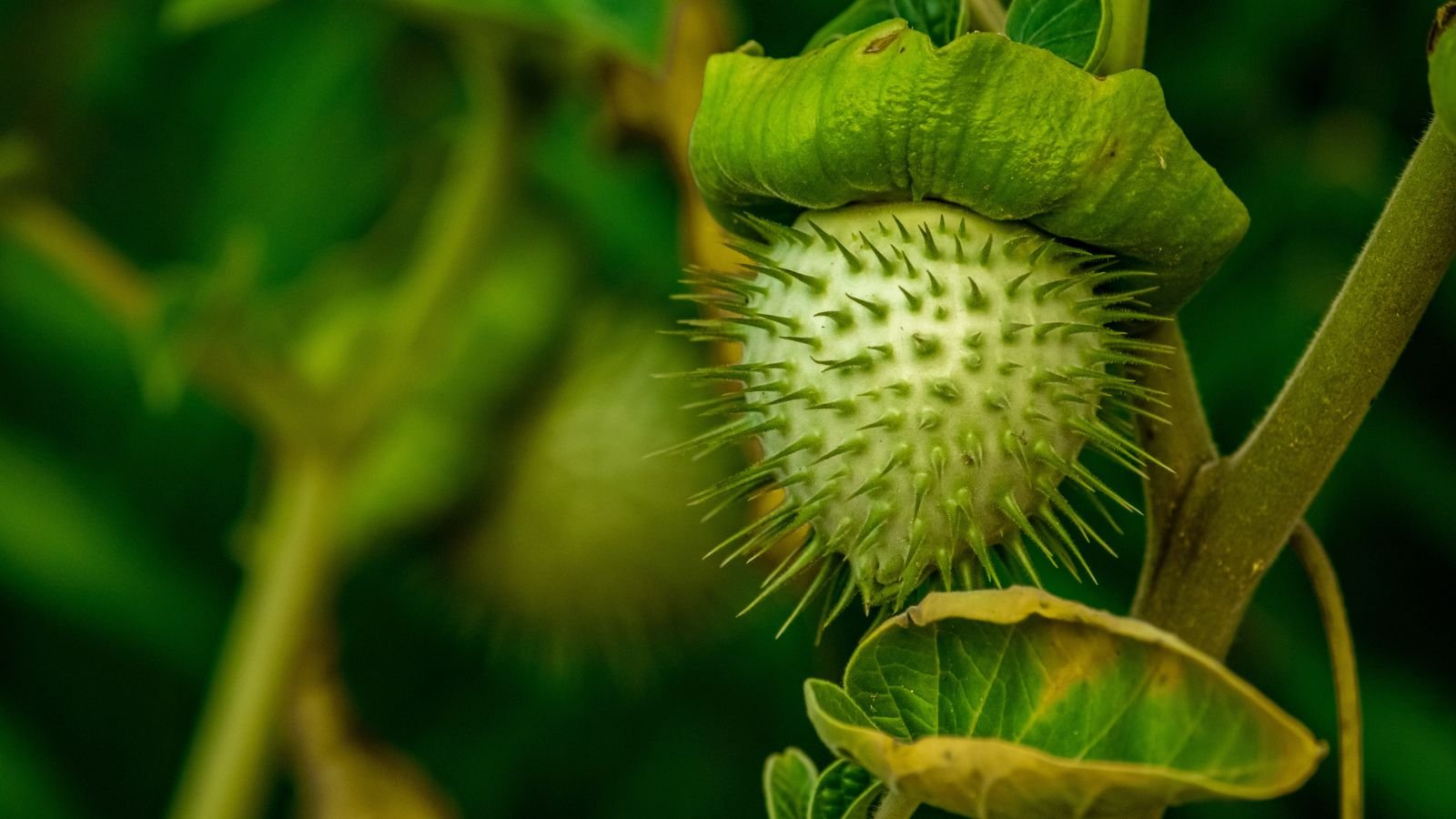
Jimsonweed is a notorious poisonous plant. The seeds contain tropane alkaloids, such as scopolamine and atropine. These compounds can create symptoms like delirium, hallucinations, dilated pupils, rapid heart rate, and dry mouth. In severe cases, it can lead to respiratory failure and death. All parts of the plant are poisonous, but the seeds are particularly concentrated in toxins.
Rosary Pea Seeds
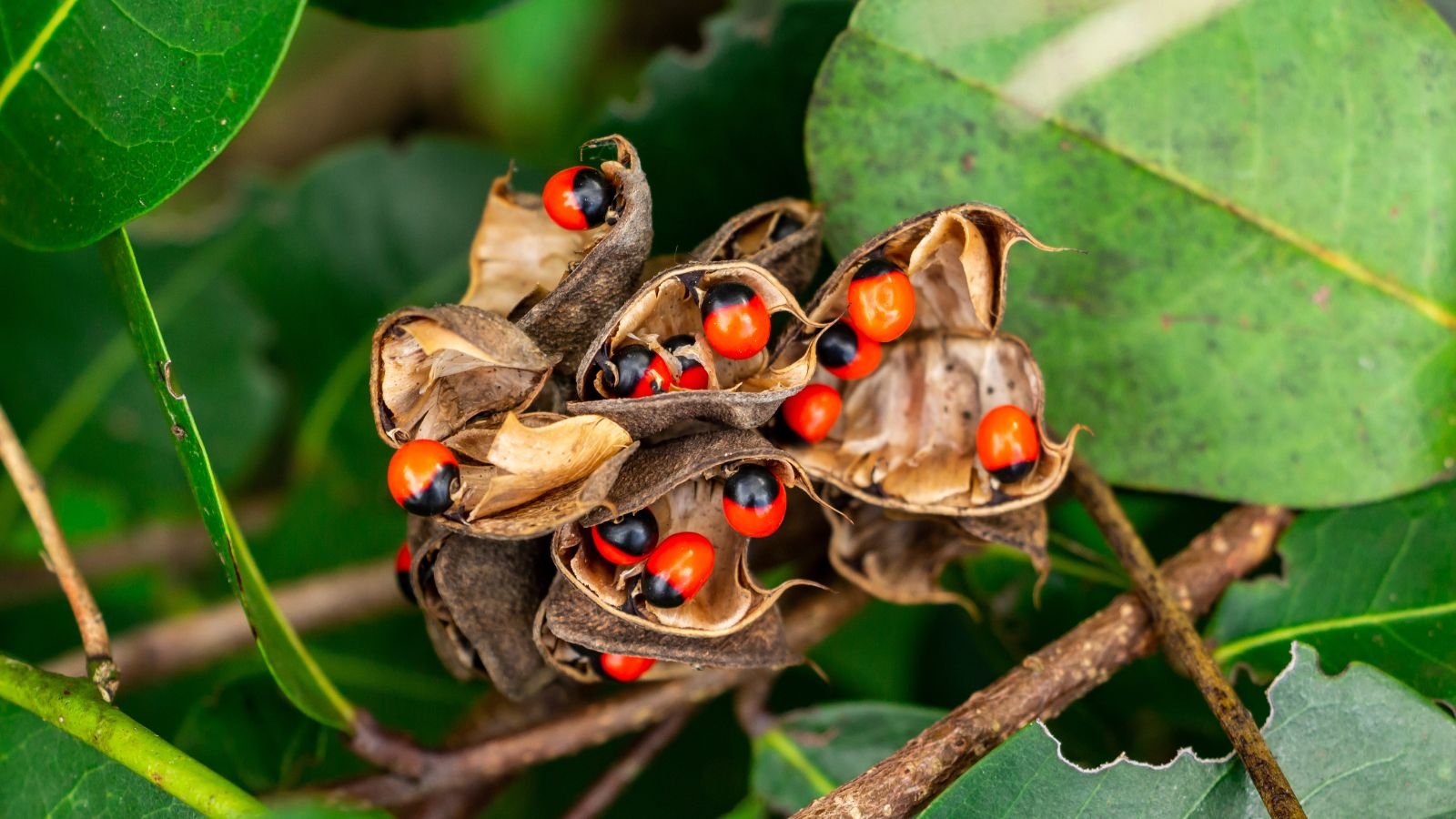
Also known as jequirity bean, these seeds are incredibly poisonous. The seeds are often used in percussion instruments but are extremely toxic for humans. They contain abrin, a toxin even more potent than ricin. Just a single seed can be fatal. The seeds are often used in jewelry and crafts, so it’s crucial to handle them with extreme care and keep them away from children and pets.
